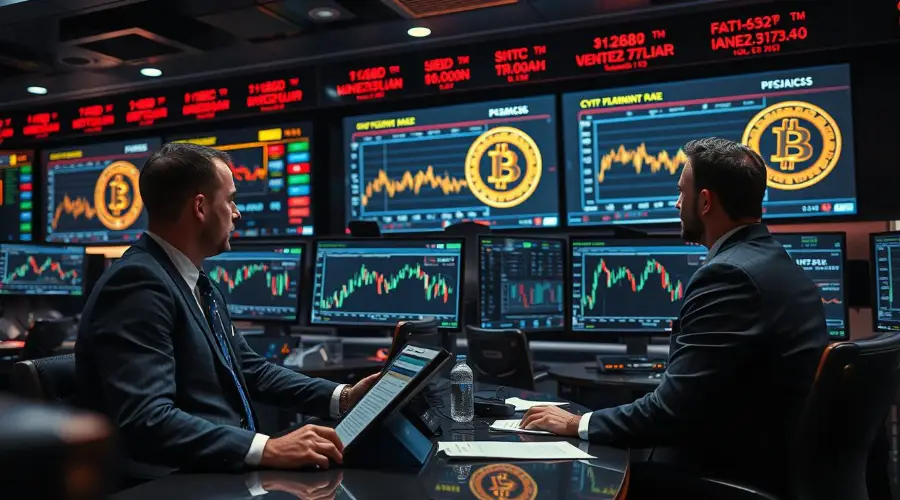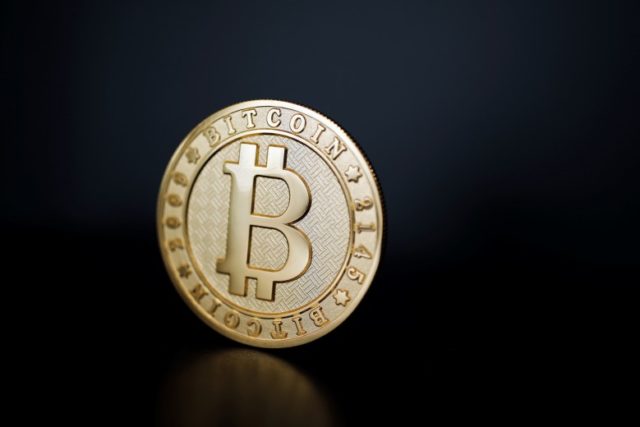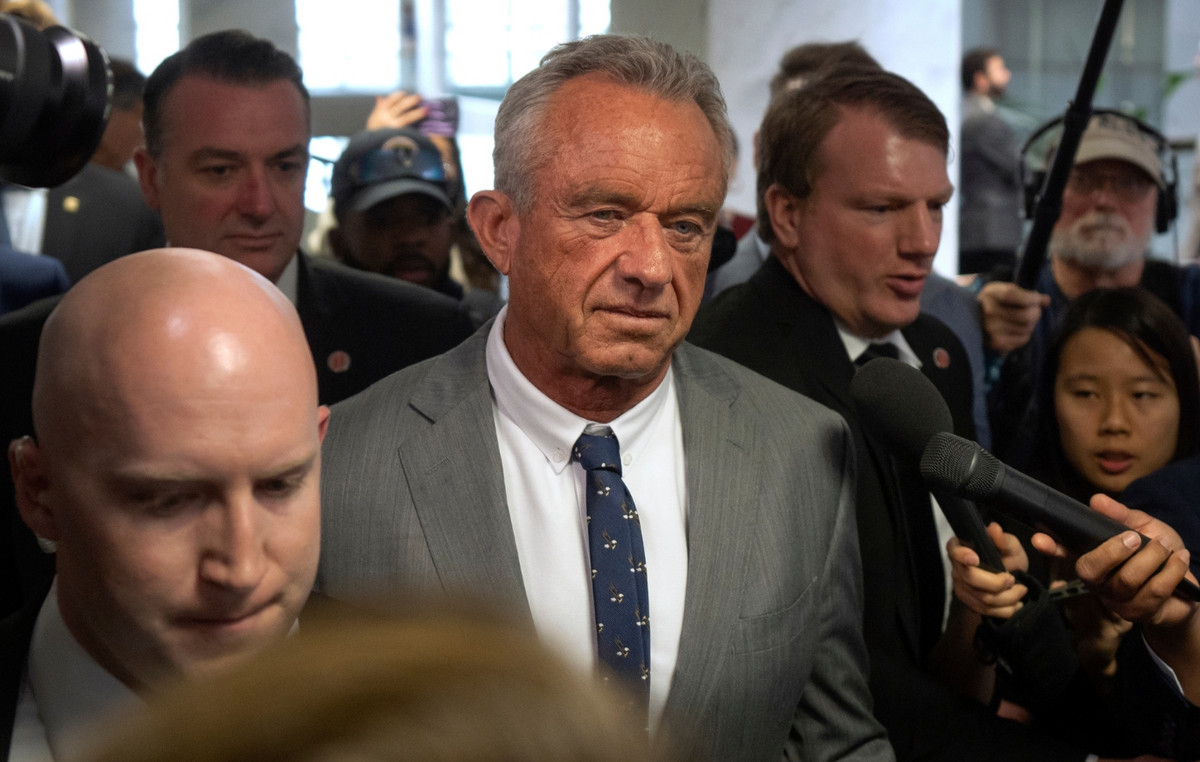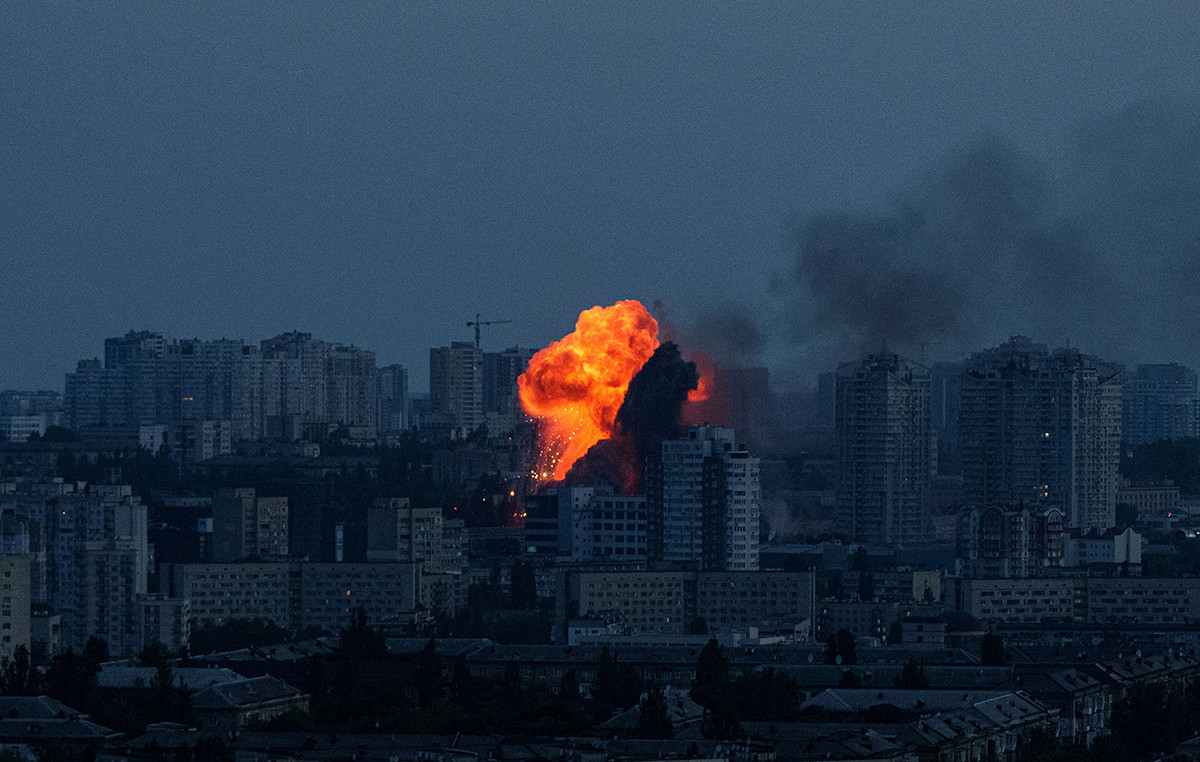The approval by the United Nations Security Council (UN) of an extraordinary meeting of the General meeting of the organization is an attitude “more symbolic than practical”, evaluates Bárbara Motta, professor at UFS.
In an interview with CNN this Sunday (27), she stated that “this meeting that has now been approved by the Security Council has a very strong symbolic nature. The Security Council has not used this mechanism, called United for Peace, for a long time to convene a meeting of the General Assembly to address security issues”.
She says that the UN organization places the Council with the main prerogative on the security issue, and not the Assembly, which shows that the convening is an “attempt to expand the list of countries that can dialogue and express themselves on this issue”. so that in this expansion there is greater movement and pressure in relation to Russia, probably making a criticism, a negative, in relation to military movements”.
In this sense, she believes that the symbolism of the decision “matters”, showing a cohesion of the international community in relation to the acts of the Russia. “The UN will never be able to restrain the action of great powers, it was not able to do that in the US invasion of Iraq in 2002 or now with Russia”, he says, but the scenario generates a “debate”.
The situation, says Motta, reinforced questions about the effectiveness of the UN and its ability to avoid conflicts, as well as “the extent to which it is sustainable to have an international organization in which a select group of countries has veto power. Power dynamics today are very different from post-World War II, when the institution was created, and the next 50 years will also be different.”
In addition, she states that “all this debate in the Council and the transfer of this prerogative to the Assembly raises another question: if there was no veto, would it be possible to build a collective security organization within the UN? Would countries with veto power accept to lose it in an eventual reorganization?”.
As for the dialogues between Russia and Ukraine announced for next Monday (28), Motta says that possible advances in the dialogue will depend on the next military moves and Russian targets.
“It may be that the negotiation channel becomes more open as Russia feels more comfortable talking about what the next steps will be, initiatives in relation to Ukraine, because it will find itself in a position of power in relation to its adversary”, it says.
Source: CNN Brasil
I’m James Harper, a highly experienced and accomplished news writer for World Stock Market. I have been writing in the Politics section of the website for over five years, providing readers with up-to-date and insightful information about current events in politics. My work is widely read and respected by many industry professionals as well as laymen.







